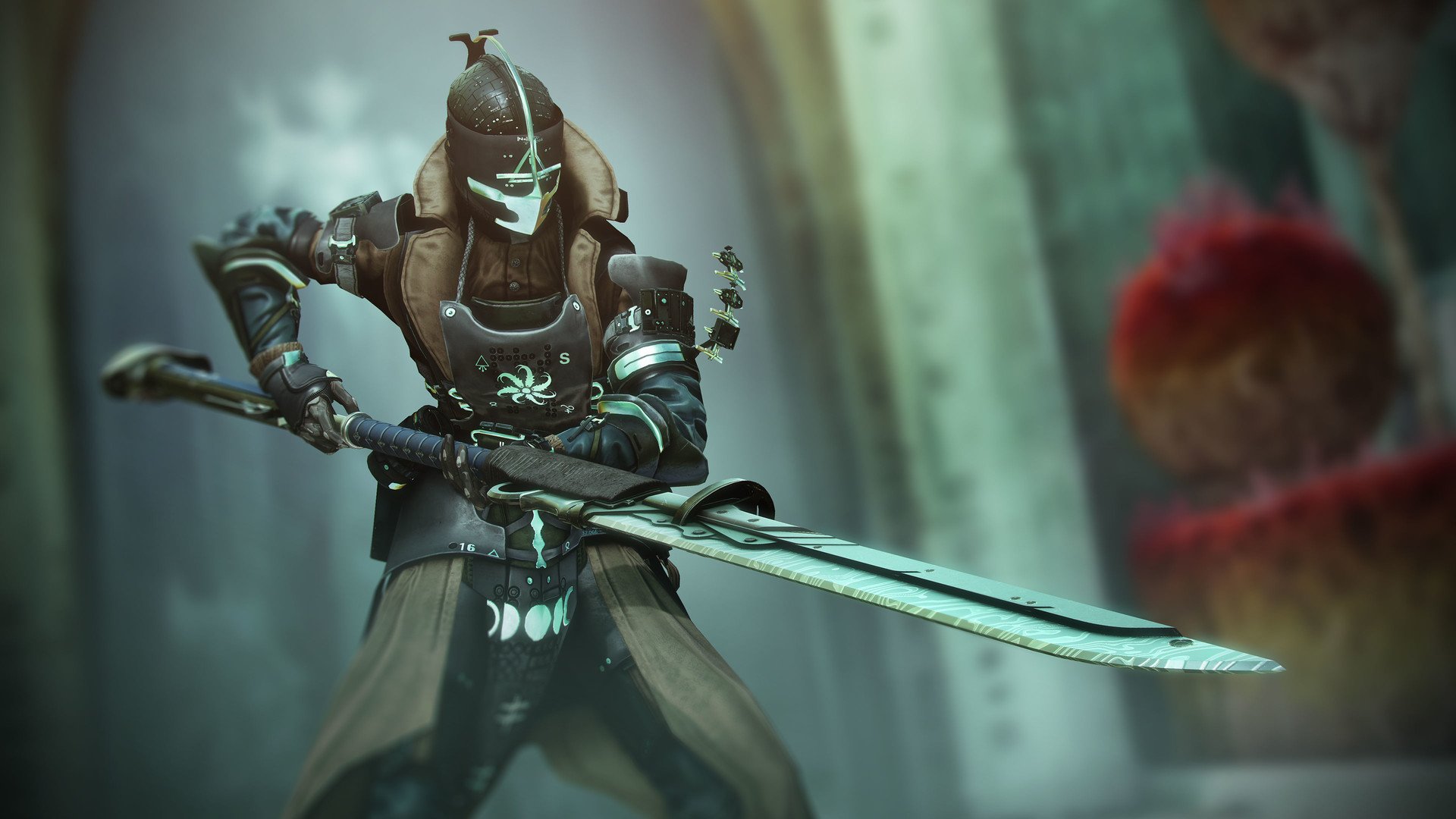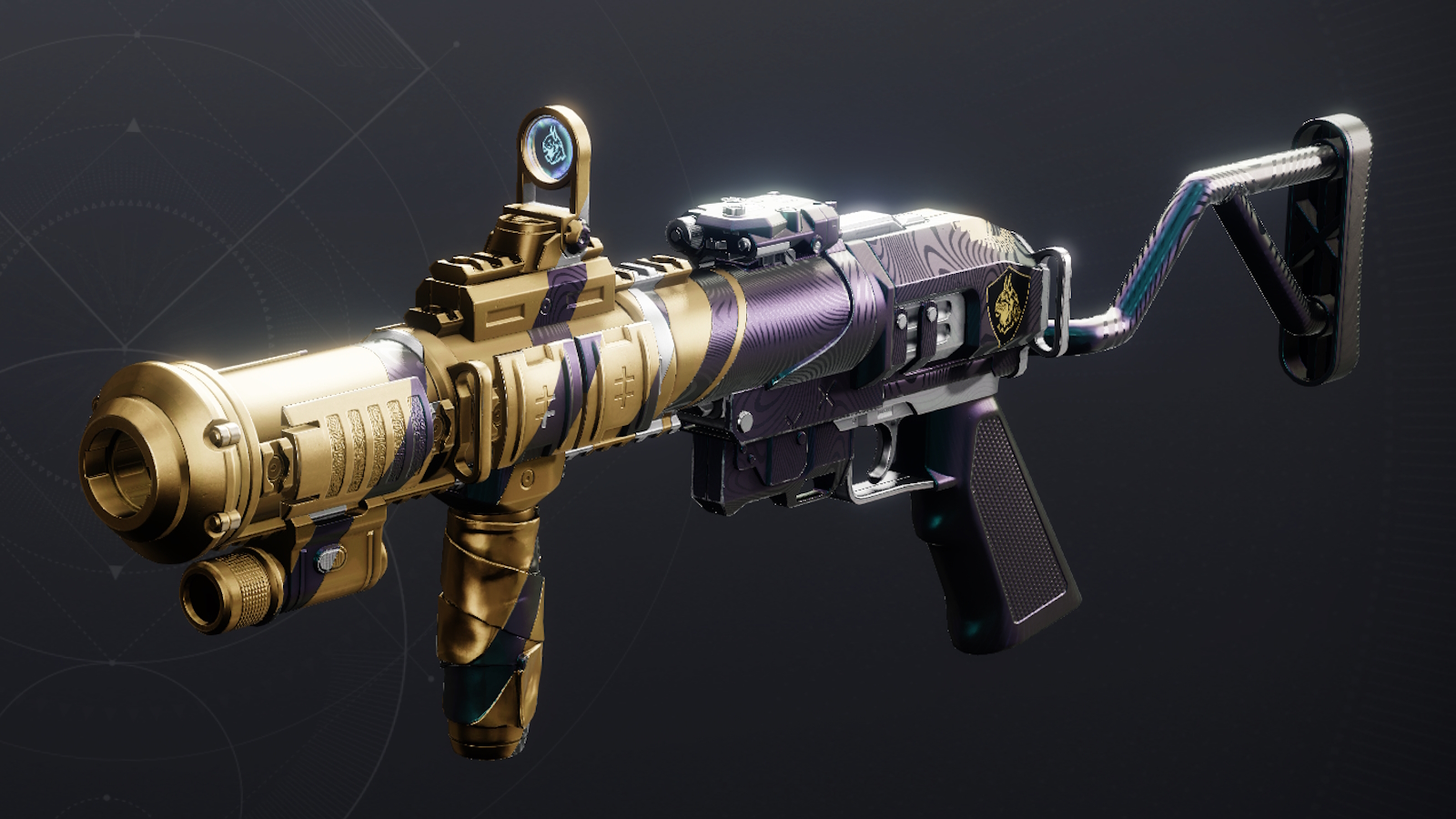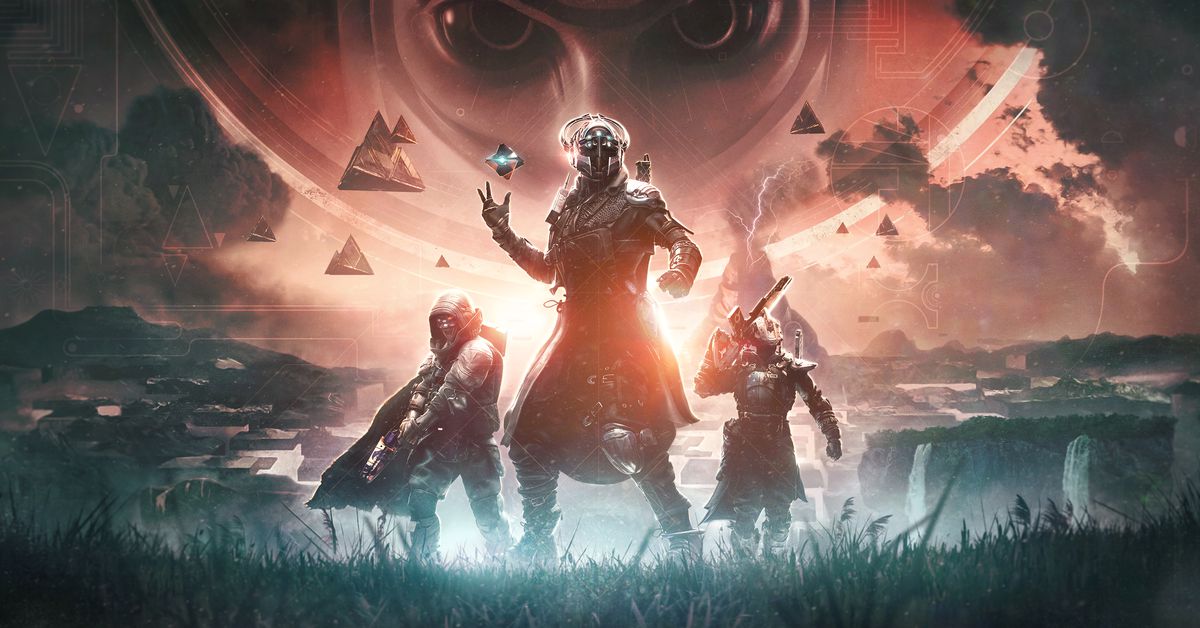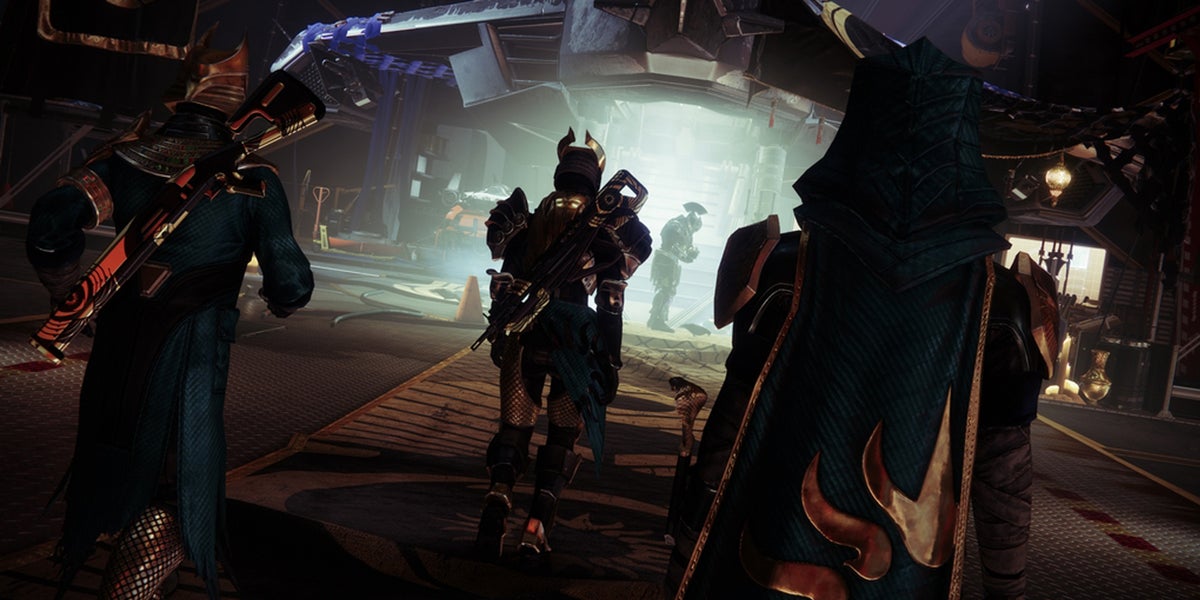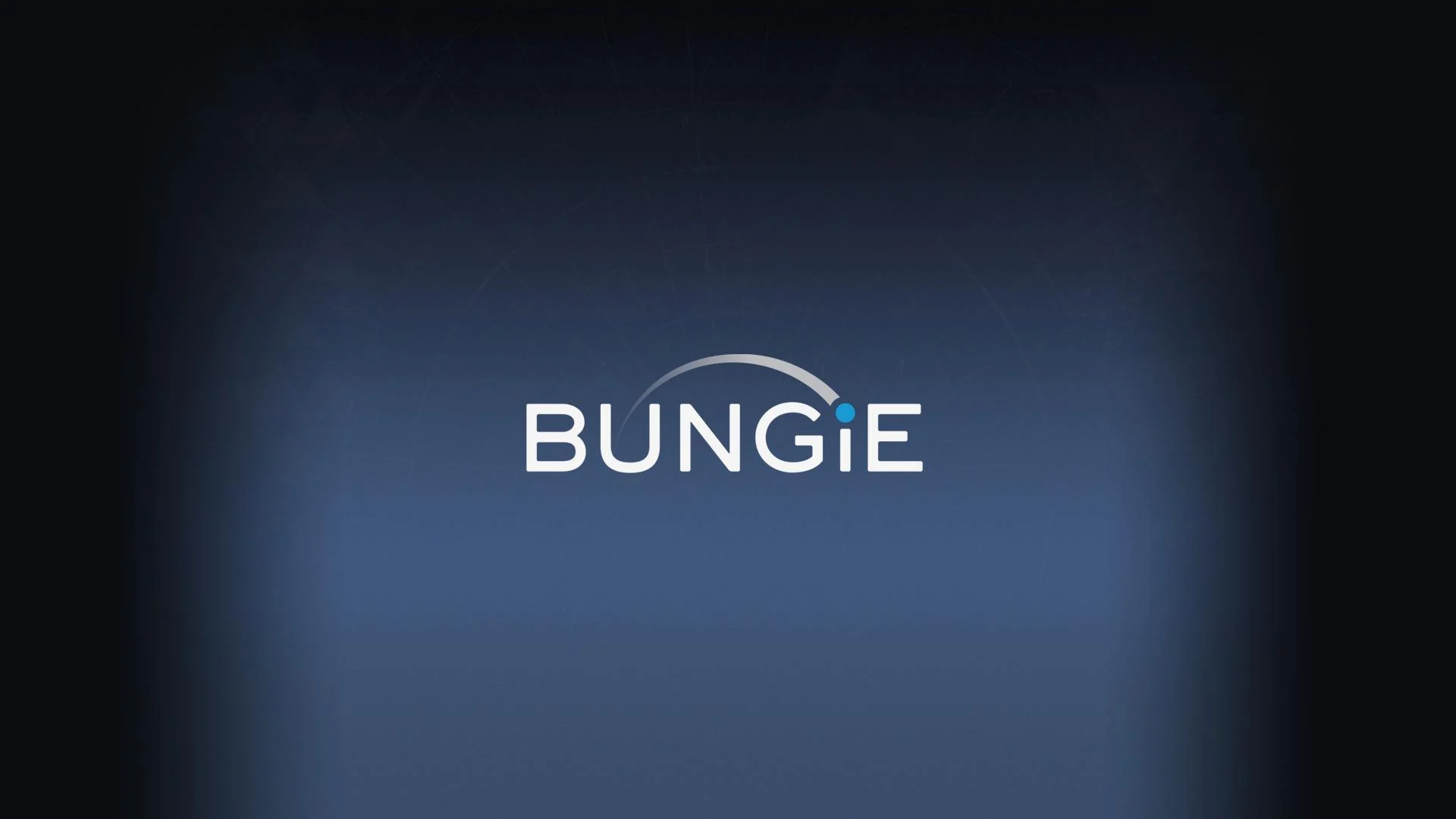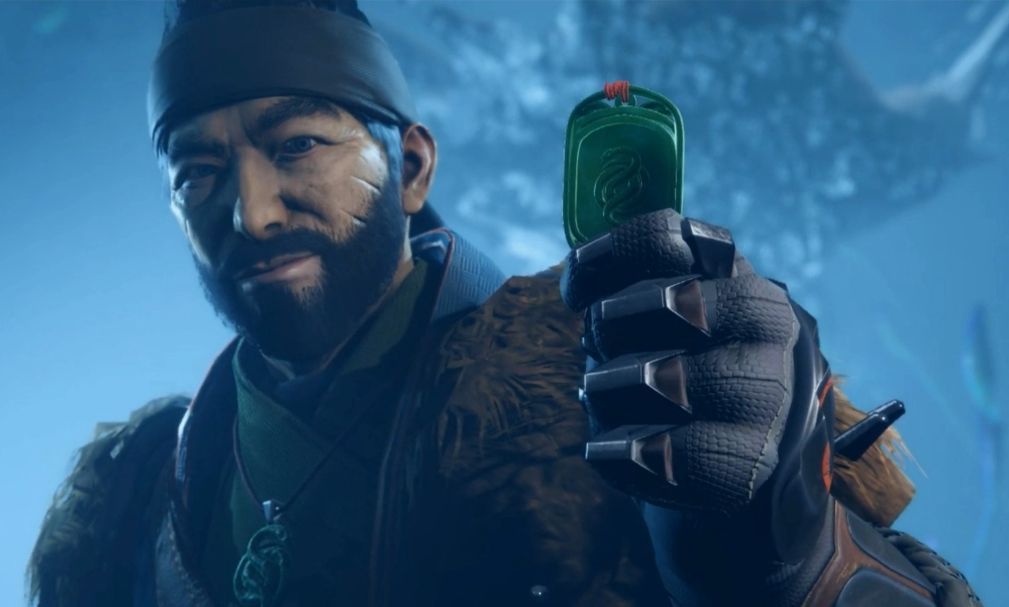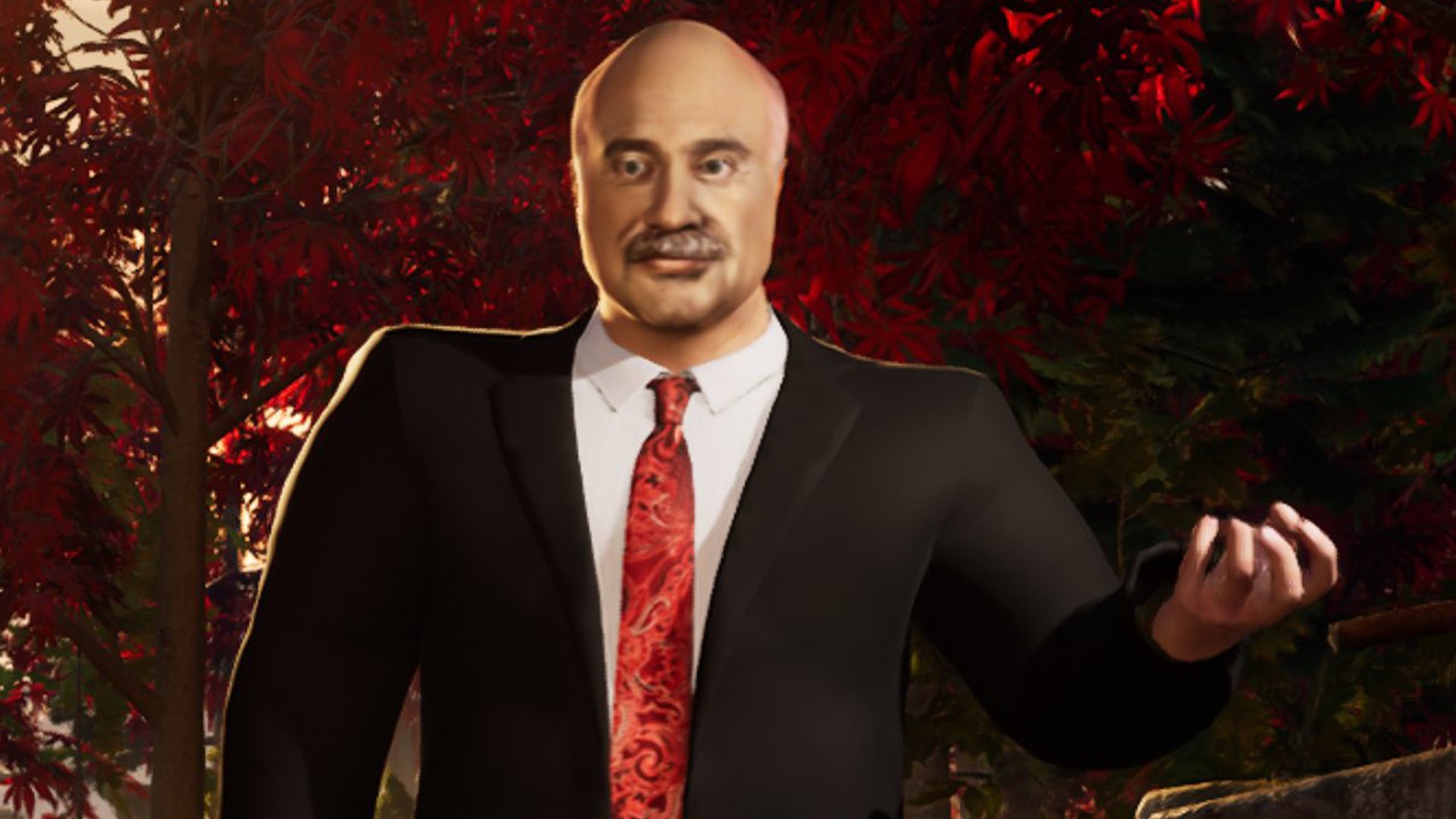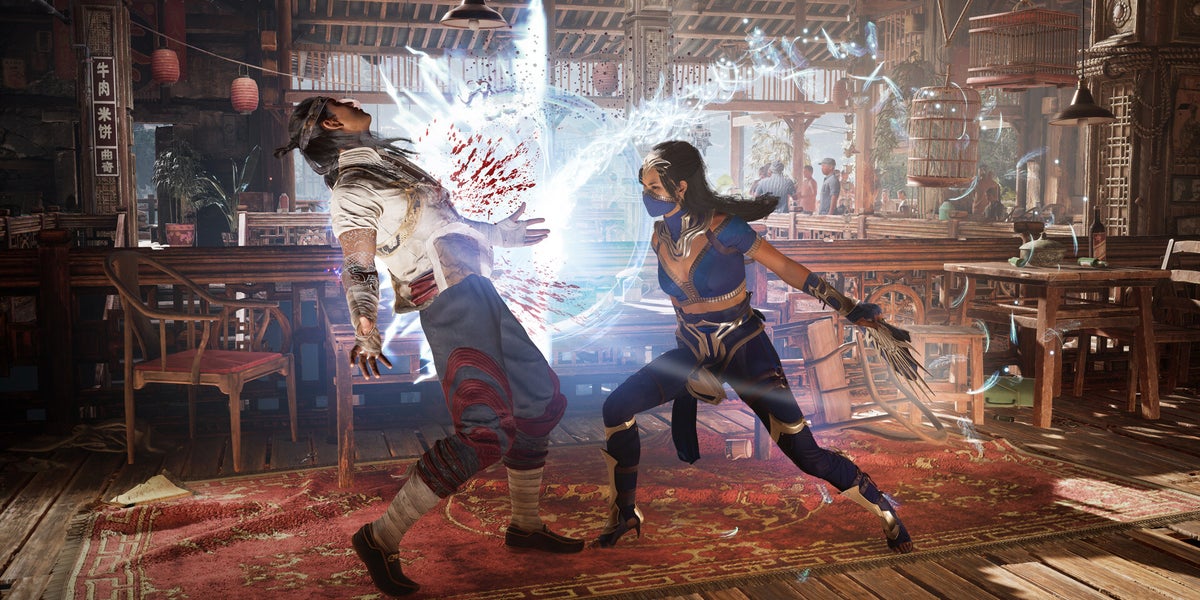Landmark Case: Destiny 2 Cheat Seller Found Guilty of Copyright Infringement
In a groundbreaking trial, a jury has ruled that the Destiny 2 cheat seller AimJunkies has violated the game’s copyright and trademarks. This verdict comes after a previous judgment that required AimJunkies to pay Bungie, the game’s developer, over $4.3 million for copyright infringement. The case, which was filed by Bungie in June 2021, accused AimJunkies and its parent company Phoenix Digital of unlawfully distributing cheat software.
Following a partial dismissal of Bungie’s complaint in April 2022, the court referred the remaining claims to arbitration. One of the key issues addressed in the trial was whether the cheat software violated the Digital Millennium Copyright Act’s anti-circumvention provision, leading to the substantial penalty imposed on the defendants.
The recent verdict, which holds AimJunkies, Phoenix Digital, and third-party developer James May accountable for copyright infringement, requires them to pay a total of $63,210 to Bungie. Despite May’s counterclaim that Bungie hacked his computer, the jury ruled against him, affirming Bungie’s stance on the matter.
This landmark case marks the first instance in US legal history where a cheat seller has been found liable for copyright infringement, potentially setting a precedent for future cases involving cheat software. Bungie’s lawyer, James Barker, expressed gratitude for the court’s decision and reiterated the developer’s commitment to protecting its players from cheats by pursuing similar cases in the future.
Implications of the Verdict on Gaming Industry
The verdict in the Destiny 2 cheat seller case has significant implications for the gaming industry, particularly in addressing the issue of cheat software and copyright infringement. With the court’s ruling setting a precedent for holding cheat sellers accountable for their actions, game developers may be more empowered to take legal action against individuals and companies distributing unauthorized software that undermines the integrity of their games.
This decision underscores the importance of protecting intellectual property rights in the gaming sector and sending a clear message that copyright infringement, especially in the form of cheat software, will not be tolerated. As developers continue to invest time and resources in creating immersive gaming experiences, legal victories like this serve as a deterrent to those seeking to profit from undermining fair play and competitive integrity.
Future Legal Battles and Industry Responses
The outcome of the Destiny 2 cheat seller case is likely to spark further legal battles between game developers and cheat software distributors, as well as prompt industry-wide responses to combat cheating in online gaming environments. As more developers explore legal avenues to address copyright infringement and protect their games from unauthorized modifications, the gaming community may witness a shift towards stricter enforcement measures and increased vigilance against cheats.
In response to the verdict, players, developers, and anti-cheat organizations may collaborate to develop more robust anti-cheating mechanisms and technologies to safeguard the integrity of online gaming ecosystems. By upholding the principles of fair play and respecting intellectual property rights, the gaming industry can foster a more secure and enjoyable experience for all stakeholders, while deterring illicit activities that undermine the spirit of gaming competition.
